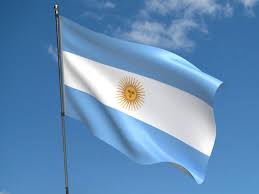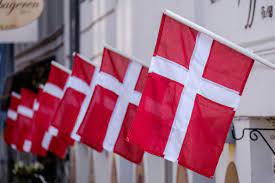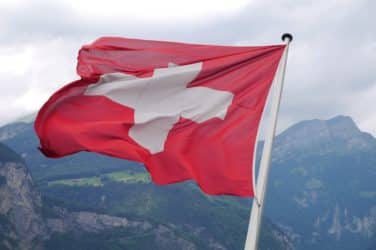
Nine of Europe’s larger central securities depositories (CSDs), including Deutsche Börse’s Clearstream Banking, have now signed up to the European Central Bank’s (ECB) long-running Target2Securities (T2S) scheme, which is intended to streamline settlement across the region—but 22 have still to commit as the final deadline approaches.
In an important milestone for the controversial project, around two-thirds of the settlement volumes in the euro area have now signed up. Getting Germany’s Clearstream on board late last month proved a significant boost, as it is by far the largest CSD in the eurozone and accounts for 40% of all volumes. The other large eurozone CSD, Belgian-based Euroclear, which handles around 30% of all settlement volumes in the area, has still to say yes but is contemplating signing up as the final June 30 deadline for the project nears.
The ECB says the IT project will provide a single harmonized platform on which almost all heavily traded securities circulating in Europe can be settled and will cut cross-border settlement by 90% and make it more competitive with the US, which only has one settlement provider. It is claimed that T2S will also lower domestic settlement costs through economies of scale by using a single platform and will cut out the role of ‘agent’ banks that currently undertake the complex cross-border settlement procedure.
“The spirit of the project will move from negotiation to cooperation,” said Peter Praet, the ECB’s executive board member responsible for T2S, at an ECB event in Frankfurt earlier this week. “We will work together with CSDs to implement T2S—for the good of European financial markets.”
However, T2S, which was originally launched in 2006, has encountered long delays and disputes among likely users as well as large costs with some predicting that the final investment for the scheme could top €1 billion. Some national CSDs fear they will be forced to seek alternative business opportunities. CSDs from the UK, Sweden and Switzerland have already opted out of the plans.
“Outside the euro area, the short term perspective is less favorable because non euro currencies will not join at the beginning,” said Jean‐Michel Godeffroy, director-general at the ECB and chairman of the T2S program.
“But other CSDs, such as Euroclear, have already expressed their support for the project and we can reasonably hope that all euro area CSDs will have signed within two months from now.
“A large number of CSDs outside the euro area are also expected to sign. Even if at the beginning, T2S may process only the euro, we already know that the Danish crown will join in 2018 and it may be followed, or even preceded, by other currencies. I am happy to say that the project is on track.”
In a bid to entice depositories, the ECB offered significant price cuts to those that signed up by the end of last month. But 22 of the original CSDs that were asked to sign up to the project last November have still to commit. The nine that have signed up are Bank of Greece Securities Settlement System; Clearstream; Depozitarul Central of Romania; Iberclear, which is run by Spain’s Bolsas y Mercados Españoles; LuxCSD of Luxembourg; Monte Titoli of Italy, which is owned by the London Stock Exchange’ National Bank of Belgium-Securities Settlement System; VP LUX of Luxembourg; and Denmark’s VP Securities. T2S is expected to go live in 2015.
“T2S is a revolutionary idea and its raison d’être is to further strengthen the euro and the single European market,” said Godeffroy. “By processing cross‐border transactions at the price of domestic ones, T2S will not only eliminate symbolic barriers within Europe, but will also create real savings for issuers and investors on our continent.
“This is why the project has the support of the European authorities and of the market. T2S will also help to reduce risk in the European post‐trade environment; it will enable liquidity and collateral savings; it will act as a key driver for the harmonization of market practices across the post‐trade industry.”
Seen as the plumbing of the financial system, settlement is the last of the three main market infrastructure sectors to be exposed to competition by the European Union. Trading and clearing have already been opened up to new entrants. The European Commission also wants to cut settlement to a T+2 timeframe and reduce the failure rate of cross-border transactions, which can reach 10% in some markets.





